When do the clocks change? And eight things we love about the increasing sunlight
When do the clocks change? Why do people think it's a good idea to change them? And what does that extra sunlight mean to cyclists?
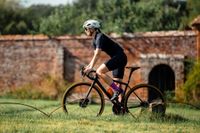
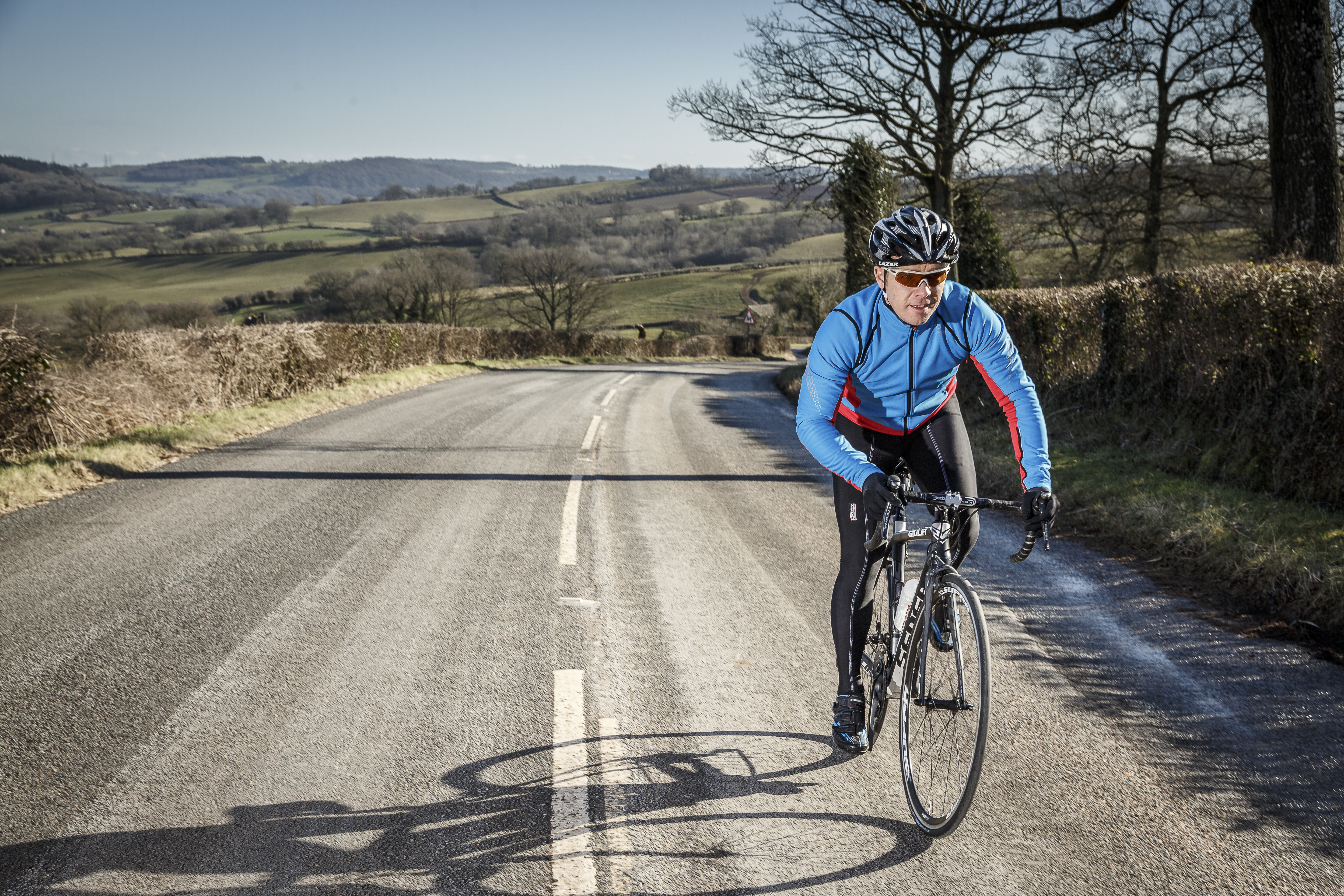
Day-time workers across the UK are due to spend most of next week commenting to colleagues "isn't it nice to leave in the light?" (or thinking of replies to the same question) - and that's because at 1am on Sunday March 31 the clocks go forwards by one hour.
This does mean we all lose out on an hour of sleep (unless, shocker: you just ingeniously go to bed an hour earlier and lie to any children in your home about what time it is) but it also means the brightness of five o'clock will be transposed to six o'clock, and so on.
We'll stay in British Summer Time (BST) until we revert to Greenwich Mean Time (GMT) on Sunday October 27.
Admittedly, we can't guarantee wall to wall sunshine from now on, but that's UK spring all over - and at least now if it rains or (sorry to mention it...) snows we'll be able to navigate the conditions in the light.
Here's some of the gems we've all got to look forward to...
Commutes in daylight
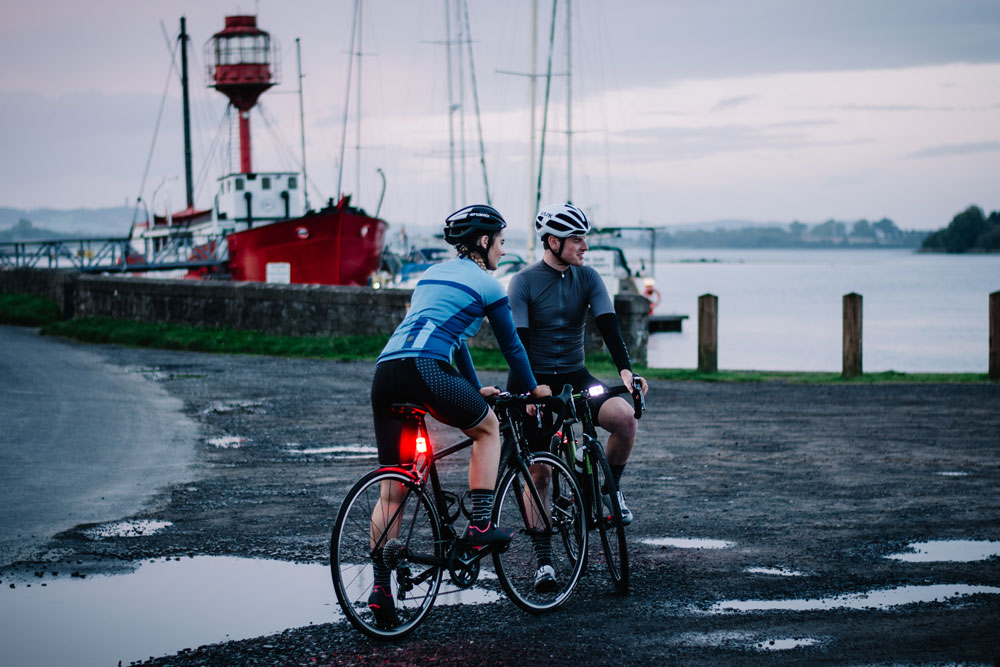
Those who commute by bike and are grafting roughly between the hours of 8am and 6pm are going to enjoy pedalling home in daylight from now on until around October.
The latest race content, interviews, features, reviews and expert buying guides, direct to your inbox!
That means more chance of taking the long route home, more opportunities to combine the commute with a training session, or just a much greater liklihood of using that precious me-time to unwind after the day's drama, before getting home.
Some experts still suggest you light up with a day time running light, however - though it's not a blanket suggestion and cycling charity Cycling UK isn't a supporter - check out the arguments for/against here.
Evening events - club 10 time trials, crit races and summer track league
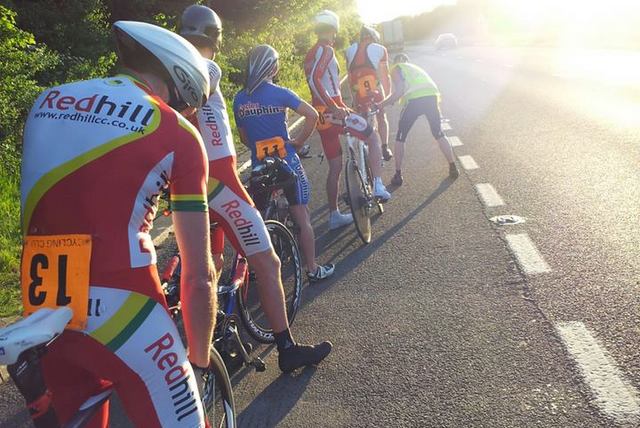
It's not even all about competition - there's something about meeting with your mates for the weekly club 10, blasting out a heart thumping effort and then rolling back home in the sunshine that mixes adrenaline with endorphins and whatever hormone time spent with good friends releases that we can barely put into words.
Weekly evening crits are similar, though with a bit less of that friendliness in some cases, and hours spent racing, watching racing, heckling and cheering at an outdoor mid-week track league event are irreplaceable.
Long days out on the bike
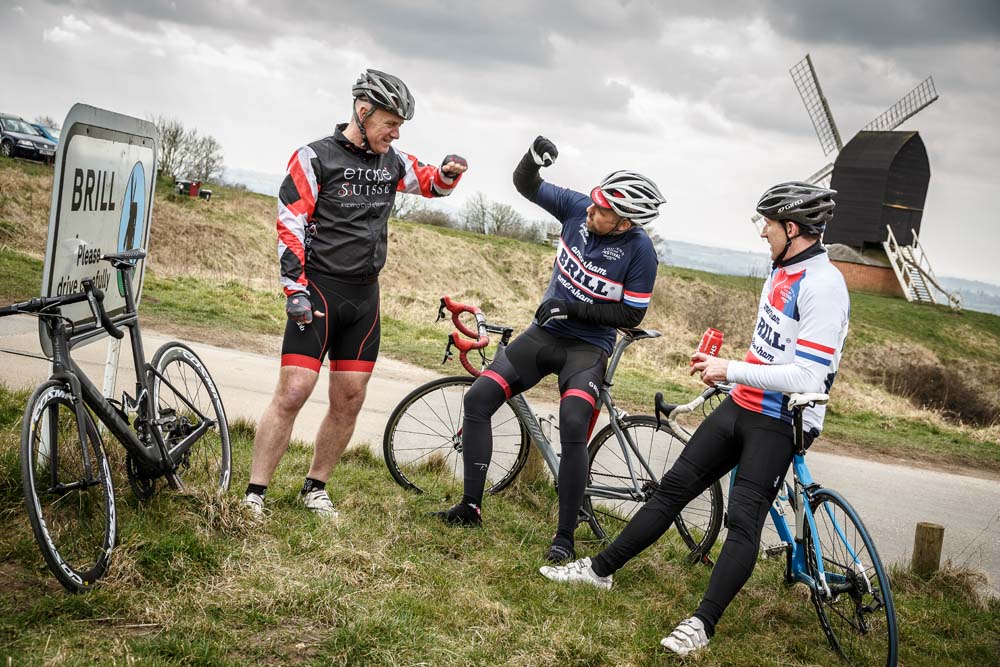
Perhaps you've made it your goal to complete your first century ride this year? Or maybe you're going further - aiming for that big 200? It doesn't even have to be a new grand total - those that just love long days out will now be able to enjoy them without the threat of making their way home in the dark.
You can wake up with the birds, pack you pockets and be out all day - just make sure you prepare for typical spring conditions.
Resisting the snooze button will continue to get easier
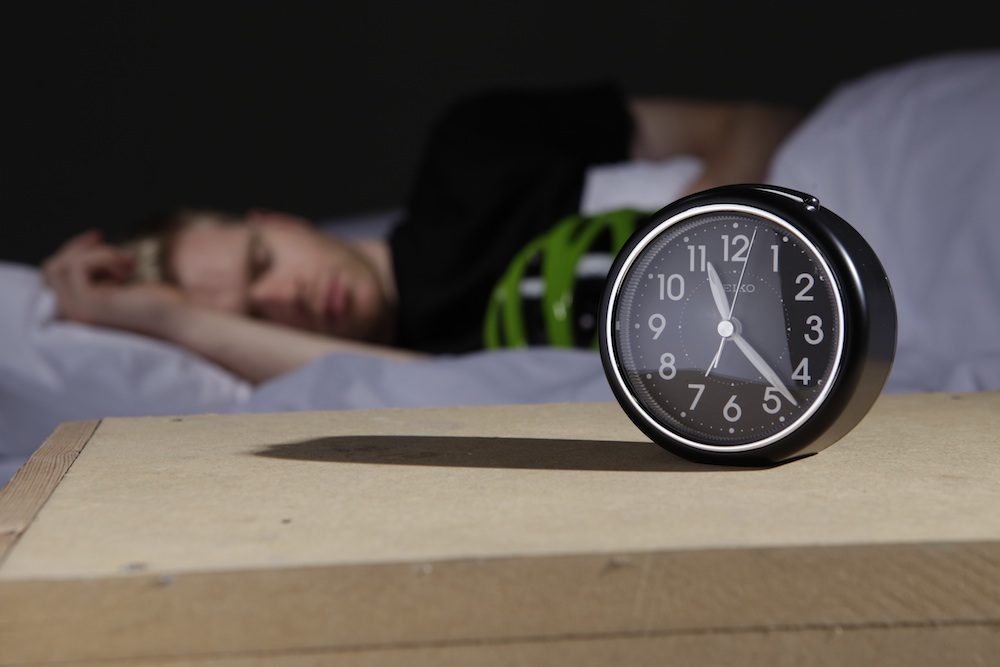
Noticed it's easier to get up in the morning and the urge to hit 'snooze' is dwindling? Your bodies' internal clock is sensitive to light, so if it's streaming through the curtains when you wake then the urge to roll over and pull the covers over your head is much easier to defeat.
Admittedly, the movement of the clocks will mean it's a tad darker for a couple of weeks, but as summer draws closer the sun will rise earlier and earlier.
Cleaning the bike in the light

Hopefully I'm not the only person to have cleaned their bike by the light of a head-torch this winter. Short days mean some tasks that are just so much better performed by daylight have to be done in the dark - and cleaning a bike is one of them.
Bring on proper visibility, fewer mud-streaks left over and less chance of leaving removed lights, saddle bags, and water bottles on the ground all night (again - just me?!).
Post ride beer gardens
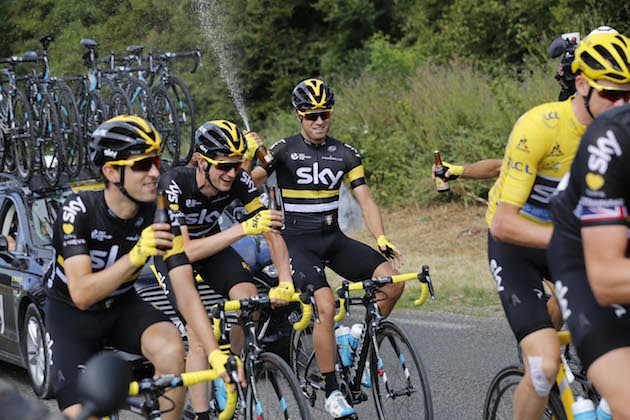
This one goes hand-in-hand with evening events and the increased accessibility of those century rides. Rolling back to a local pub for a (responsible) drink with friends is a pleasure that just isn't quite as fun when you know you'll be riding home in darkness.
Balmy evenings doused in summer sun might be a little way off, but actually being able to see your pint/wine/G+T without a spotlight is certainly a start.
Shorts season isn't a million miles away
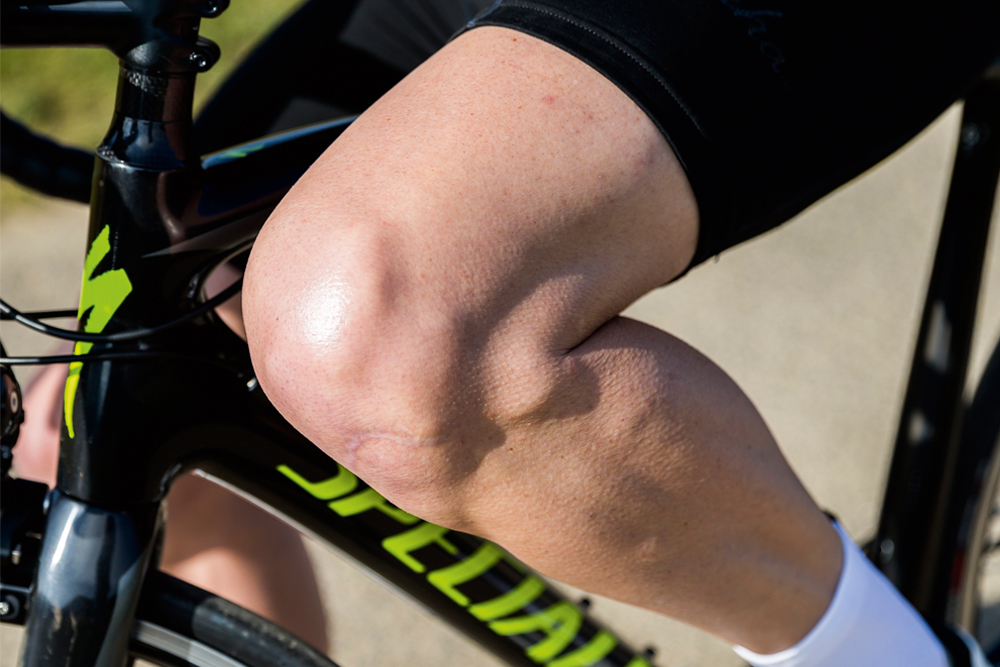
At the moment, it's just the bravest of riders who are breaking out the leg and knee warmers to replace full on tights, but summer cycling shorts are not too far away.
If you're like most of us, everything feels better in shorts - though if you've not been keeping up with the maintenance routine than a good shaving session may be in order.
Just more smiling time
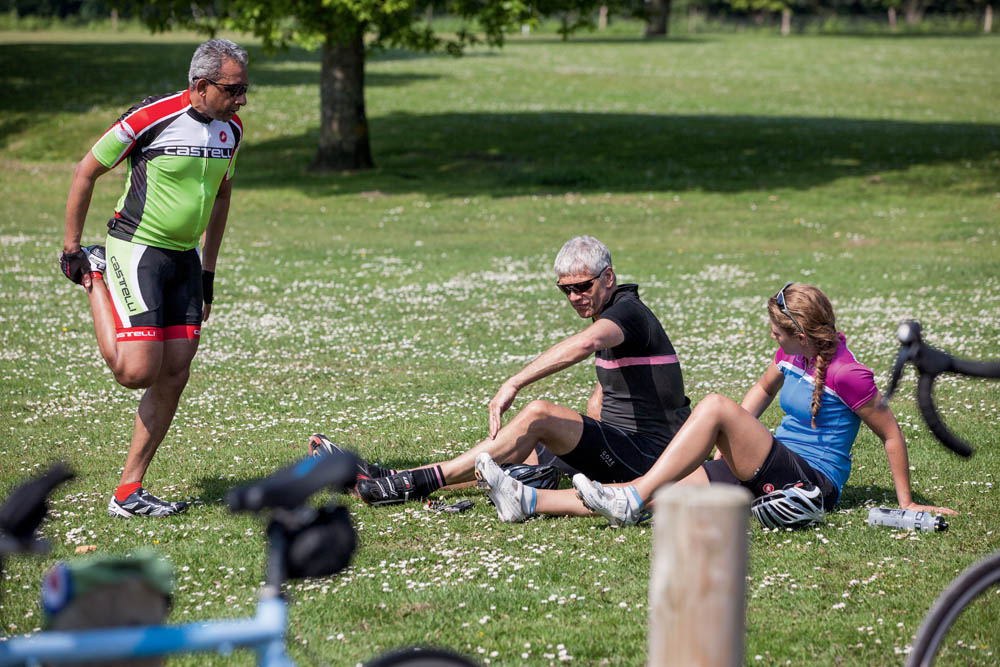
You don't have to suffer from Seasonal Affective Disorder (SAD) to feel a bit low in winter. The "winter depression" as the NHS refers to it is believed to be caused to the effect a lack of sunlight has on the hypothalamus (a part of the brain) - affecting production of the hormones melatonin and serotonin, plus the bodies' internal clock.
More sunlight has a dramatic effect on sufferers, and even those who aren't acutely affected can start to feel a whole lot more cheery with some extra Vitamin D.
Remind me: why do we think it's a good idea for the clocks to change?
It is believed that the idea of changing the clocks was first suggested by American politician and inventor, Benjamin Franklin, in 1784. In the UK, the pioneer was builder William Willett, who began his fight for British Summer Time, also known as Daylight Saving Time, in 1907.
Willett felt that people were wasting daylight hours in bed during the winter months. He argued that the change would improve health and happiness and save the country a whopping £2.5 million.
The builder published a pamphlet (as you did in those days) called 'The Waste of Daylight' and the suggestion was introduced in Parliament via the Daylight Saving Bill in 1909, but was unsuccessful.
Eventually the idea was adopted in Britain in May 1916 - the decision was in part influenced by the outbreak of the First World War in 1914 which made saving coal a priority. Sadly, Willett died of the flu just a year earlier so never got to see the change take place.
With fewer people out working in the very early hours of the morning under modern lifestyle changes, there's been campaigning to abolish the rule. It's also been suggested that BTS remains during the winter months, and 'double summertime' be applied to the summer months, putting the UK one hour ahead of GMT during winter, and two hours ahead during summer.
However, it's still believed that the lighter mornings of the existing GMT we adopt can help to reduce road traffic accidents during the combined school run and work commute - but of course this does mean that the after-work period is flung into greater darkness.
Michelle Arthurs-Brennan the Editor of Cycling Weekly website. An NCTJ qualified traditional journalist by trade, Michelle began her career working for local newspapers. She's worked within the cycling industry since 2012, and joined the Cycling Weekly team in 2017, having previously been Editor at Total Women's Cycling. Prior to welcoming her first daughter in 2022, Michelle raced on the road, track, and in time trials, and still rides as much as she can - albeit a fair proportion indoors, for now.
Michelle is on maternity leave from April 2025 until spring 2026.
